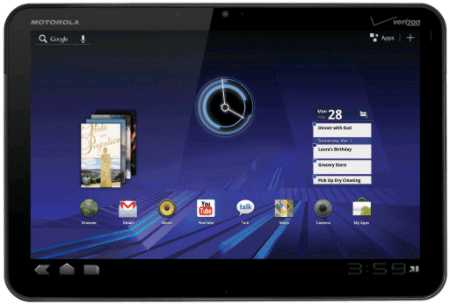| The fall of Windows and the rise of Android |
| Thursday, 13 January 2011 | |||
Page 1 of 2 Android is gaining hold in the smart phone arena but there might well be more going on than meets the eye. Android could well be the insurgent that finally dislodges Windows from its number one position. I've been musing on the rise and fall of Windows. OK, so its not really the rise of Windows that I want to consider. After all many of us were there and watched with interest as it happened. It is the coming fall of Windows. Yes it is easy to predict a change, speculation is cheap - but this is not speculation. Consider the following strange story. Recently I bought a few netbook-style machines and some of them came with Linux preinstalled. Presumably the idea was that not having to ship with Windows reduced the price. Whatever the reason, after a few minutes of trying it out just out of curiosity Linux was removed and replaced by Windows XP. Before anyone concludes that this is some anti-Linux attitude - it isn't. I use Linux, both desktop and server, but for a netbook or a portable Windows is still what you expect to find installed and so rather than trying to convince the user the merits of Linux it was more reasonable to just give in.
Now let's go over the same situation but not with a netbook but a slate format machine. Suddenly cheap Android-based slate computers are all over the place. I've been confronted with a least half a dozen machines that were bought recently for all sorts of things - web browsers, ebook readers, even development test systems. Some of these machine have been running old versions of Android - 1.5 or 1.6 is typical. And at this point you might be thinking upgrade! Yes, but not to Windows. There is no way that you can take an Android slate and retrofit it with Windows - for the simple reason that Windows doesn't run on the ARM-based processors found inside a typical low cost slate. This is a very good reason for not even trying to move to Windows, but there is an even more shocking reason. None of the users wanted to change from Android. They were all perfectly happy. No comments along the lines of "if only I could run Word on this" or IE 8 or WMP or... They were simply happy with the software that came with the slate plus some downloads from the app store. The point is that these machine were bought because they ran Android - it was a part of their appeal. Most of the users had also bought their slate machines as a sort of "upgrade" to the Android phones they owned. Although upgrade is probably the wrong way to express this as while the slates were undeniably bigger they were being used in different ways. Another interesting factor was that the programmers among their number were all uniformly excited about developing this or that custom personalised application for their slate. This level of enthusiasm is something I haven't encountered since the early days of Visual Basic - the real original Visual Basic not the imitation VB .NET. Back then the reason was that until VB appeared on the scene there was no easy way to create Windows applications. This resulted in a pent up demand for lots of relatively trivial programs that were simply too expensive to produce on a one-off basis. When VB arrived it broke the dam and there was a flood of new applications, components and tools. Now the excitement seems to be as much about the form factor of the hardware and the mode of interaction with the device. The programmer's I've been swapping ideas with are planning to use the slate for everything from controlling their media player to augmented reality apps.
You could argue that the biggest selling slate is the iPad - and you would be correct. You would also be correct in pointing out that no-one in their right mind would "upgrade" an IPad to Windows and so my focus on Android is unjustified. However, the countless developers who produced apps for the iPad, and you can add to this the iPhone and Windows Phone 7, are all doing it for one reason only - to make some cash or at least to get some big reward by having their app published in the app store. That is, the Apple and Microsoft paid for app store model only encourages programming for profit.
|
|||
| Last Updated ( Friday, 14 January 2011 ) |


 Xoom, an upmarket Android 3
Xoom, an upmarket Android 3